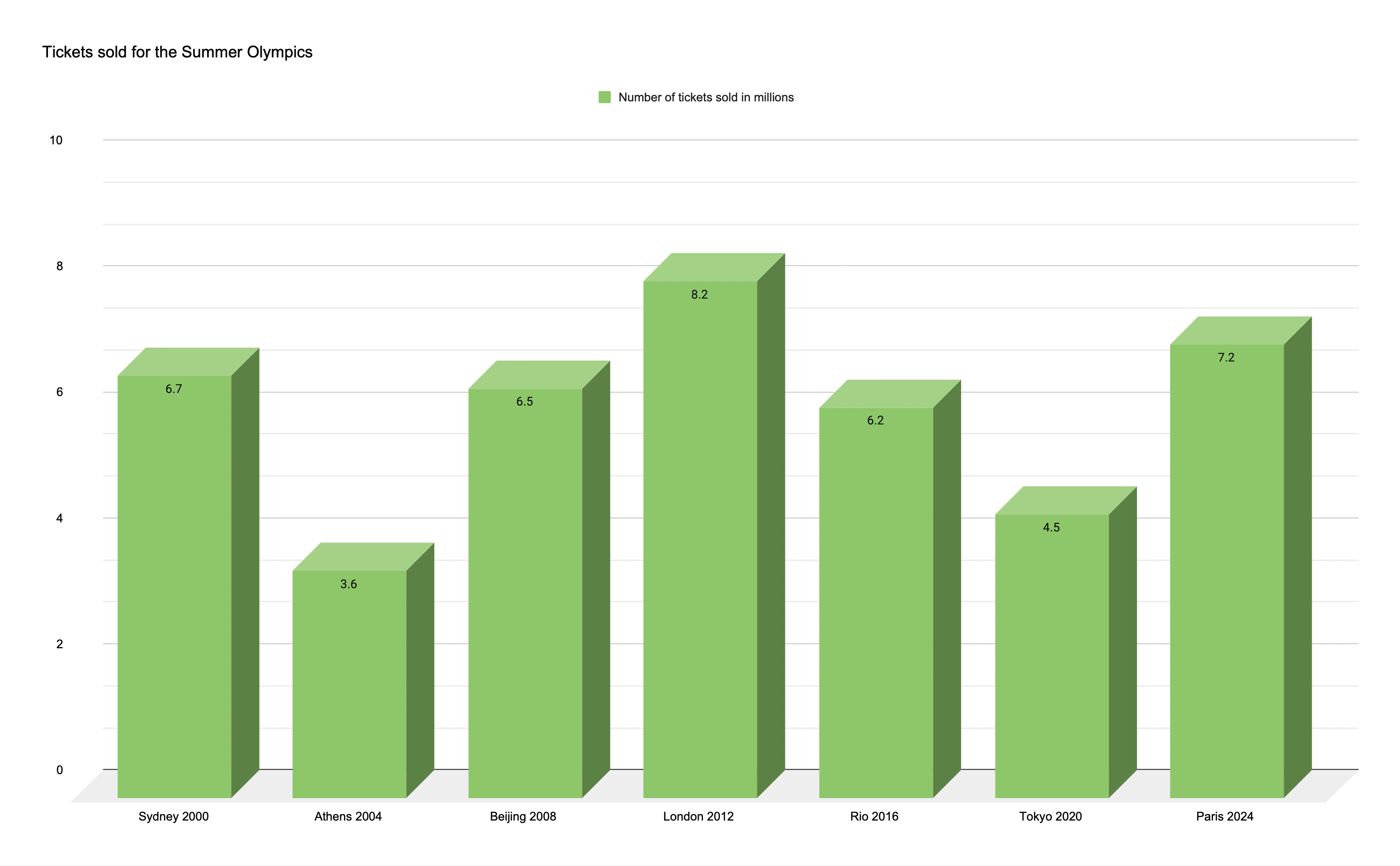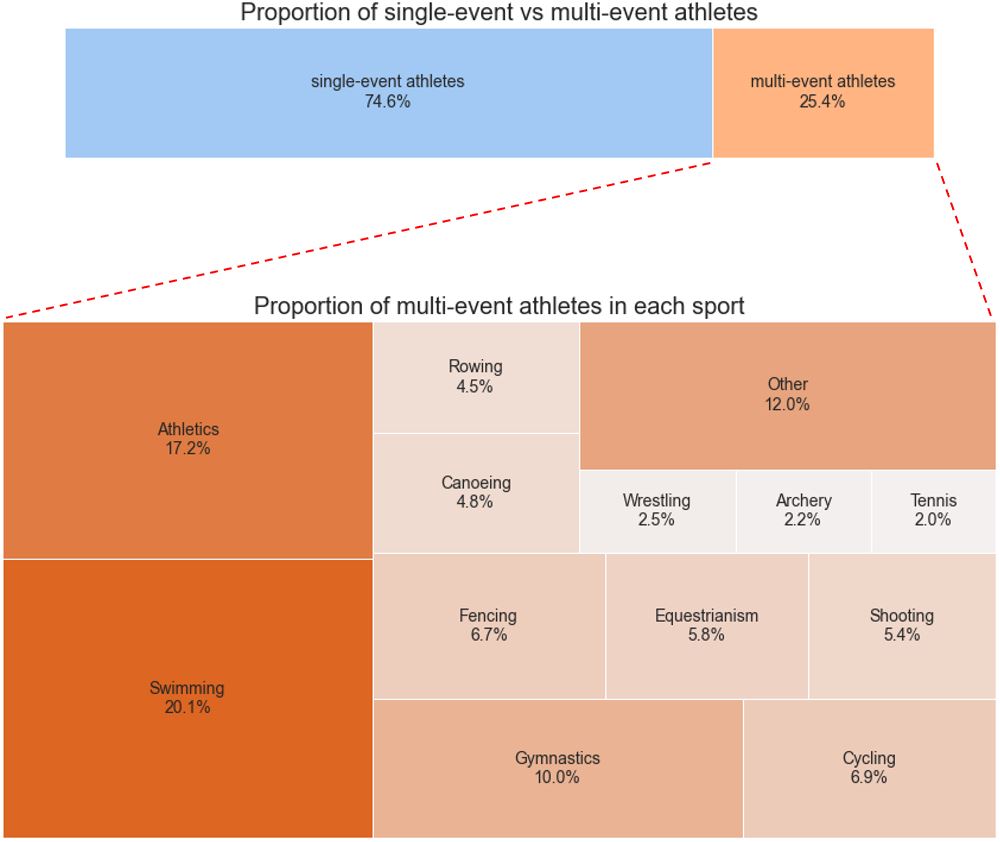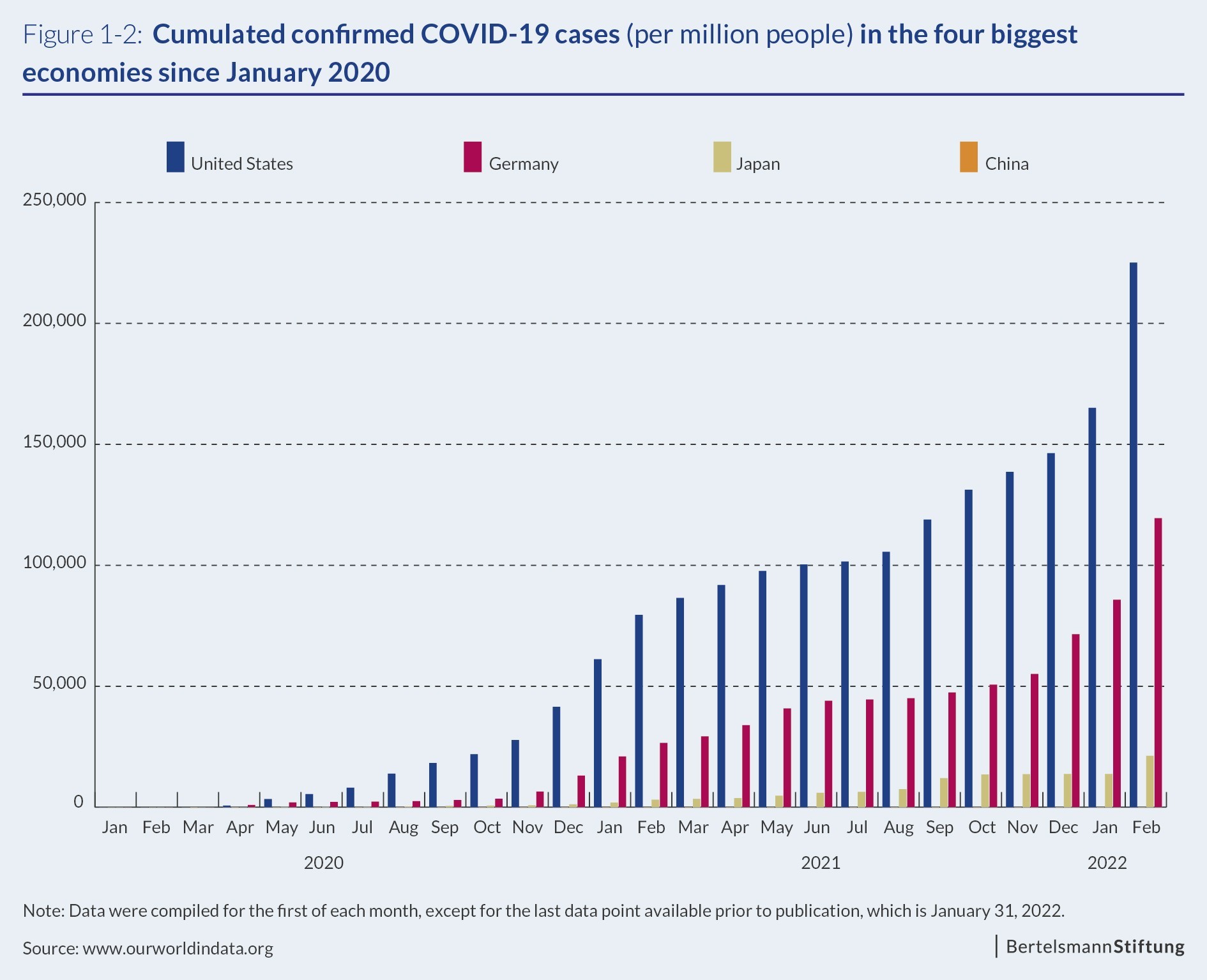Table of Contents
- 80+ Top Summer Olympics Statistics 2024
- The winter olympics by the numbers infographic entrepreneur – Artofit
- The Economics of Hosting the Olympic Games | by CFR | Medium
- Dive into Winter Olympics Games: Data Analysis and Visualization | by ...
- How the Olympics became bigger and more diverse
- Olympics insights: Wealth leads to success and dominance in specific ...
- How the Olympics became bigger and more diverse
- Visual Analysis of Olympics Data
- The Olympics by numbers - for people who love data and sports (but ...
- Olympic Winter Games – its zero-Covid policy is a big issue for Beijing ...

The Olympic Games have come a long way since their inception in ancient Greece. The first modern Olympic Games were held in Athens in 1896, with 241 athletes from 14 countries participating. Fast forward to the 2016 Summer Olympics in Rio, where over 11,000 athletes from 206 countries competed. This significant growth is a testament to the increasing global appeal and participation in the Olympic Games.


Participation and Medal Count

According to Statista, the number of participating countries has increased exponentially over the years. In 1896, only 14 countries participated, whereas in 2016, a whopping 206 countries sent their athletes to compete. The total number of athletes has also seen a significant rise, from 241 in 1896 to 11,237 in 2016. The United States has consistently been one of the top-performing countries, winning a total of 1,022 gold medals since the inception of the modern Olympic Games.

The medal count has also undergone a significant transformation. The introduction of new sports and events has led to an increase in the total number of medals awarded. In 1896, a total of 78 medals were awarded, whereas in 2016, a staggering 2,488 medals were awarded. The top five countries with the most Olympic medals are the United States, the Soviet Union, Germany, Great Britain, and France.


Women's Participation

One of the most significant advancements in the Olympic Games is the increased participation of women. In 1896, women were not allowed to participate in the Olympics, but by 1900, 22 women competed in five sports. Today, women make up nearly 50% of all Olympic athletes. The introduction of new sports such as women's boxing, wrestling, and rugby has further increased women's participation and competitiveness in the Olympic Games.

In conclusion, the Olympic Games have undergone a remarkable transformation since their inception in ancient Greece. From a small gathering of athletes in Athens to a global spectacle in Rio, the Olympics have become a symbol of international unity and athletic excellence. The data from Statista highlights the significant growth in participation, medal count, and women's involvement in the Olympic Games. As the Olympic Games continue to evolve, it will be exciting to see how they adapt to the changing times and continue to inspire athletes and spectators alike.
For more information on the Olympic Games and other statistical data, visit Statista. Their comprehensive charts and graphs provide a detailed insight into the world of sports and beyond.
Key Statistics:
- 241 athletes from 14 countries participated in the 1896 Olympic Games
- 11,237 athletes from 206 countries participated in the 2016 Olympic Games
- The United States has won a total of 1,022 gold medals since the inception of the modern Olympic Games
- 2,488 medals were awarded in the 2016 Olympic Games
- Women make up nearly 50% of all Olympic athletes